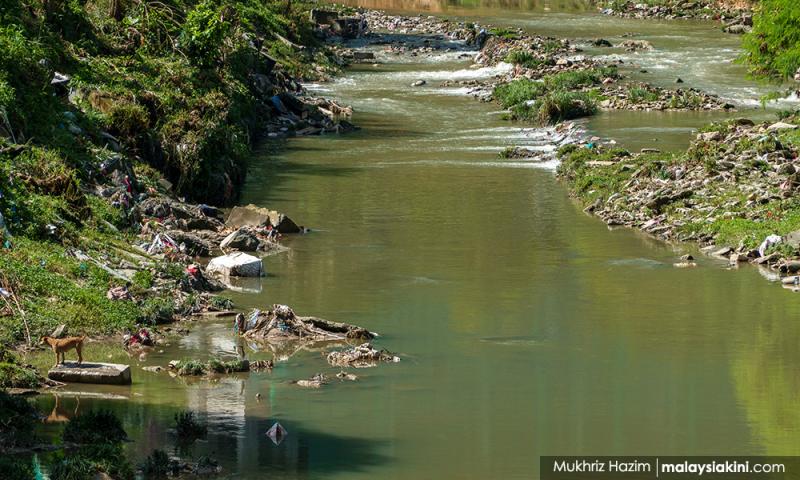LETTER | Govt should enshrine right to clean environment in Constitution
LETTER | The world is facing an existential crisis. The masses are facing poor access to clean air, clean water, and a safe and clean place to live.
In the face of the Covid-19 pandemic and climate change – the Consumers Association of Penang (CAP) lauds the UN Human Rights Panel for recognising the right to a clean and sustainable environment as a basic human right.
This human right is key for environmental justice and protecting the environment against unsustainable economic development which pollutes and destroys the livelihoods of poor communities.
They are those who don't have the means to counter the influence and power of the state, rich developers, industrialists, or corporations.
The United Nations’ top human rights body voted to adopt the resolution with 43 votes in favour while China, India, Japan, and Russia abstained from voting. The United States is not a member of the UN Human Rights Council and did not participate in the vote.
CAP is outraged by the fact that big and powerful countries abstained from voting and the US (though not being a member of the Human Rights Council during the Trump administration in 2018) has opposed the measure.
It was a push from the smaller nations for the UN Human Rights Council to recognise the right to a safe and clean environment, as they will suffer the most, though they were not the main contributors to the global environmental crisis.
This is a key recognition for peoples of the world in the struggle for environmental justice, a clean and safe place to call home, and a right to safe and clean life-giving resources like air and water.
It will give people a stronger voice against unsustainable development projects by both the public authorities and private entities.
CAP calls on the Malaysian government to enshrine this basic human right to a clean and sustainable environment in the Federal Constitution.
More than 100 constitutions across the world have adopted a healthy environment as a human right. No other social or economic right has spread as quickly through the world’s constitutions.
Portugal (1976) and Spain (1978) were the first countries to recognise the right to live in a healthy environment. And in 2008, Ecuador became the first nation in the world to provide explicit constitutional recognition of rights of nature, followed by Bolivia in 2009.
Malaysians have suffered long enough from incessant water supply cuts due to water pollution. Millions have been affected in the Klang Valley, and thousands sickened and schools closed due to the Kim Kim river pollution.
Malaysians have suffered from transboundary haze, many industrial pollution and accident cases, destruction of forests, and the destruction of livelihoods and displacement by huge development projects.
It is time Malaysia enshrined the right to a clean and sustainable environment in the Constitution to help Malaysians protect and assert their rights to a safe and healthy habitat to call home.
The writer is president of the Consumers Association of Penang (CAP).
The views expressed here are those of the author/contributor and do not necessarily represent the views of Malaysiakini.
RM12.50 / month
- Unlimited access to award-winning journalism
- Comment and share your opinions on all our articles
- Gift interesting stories to your friends
- Tax deductable
